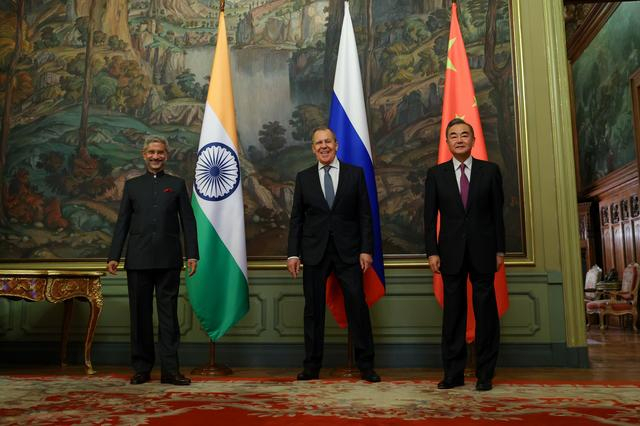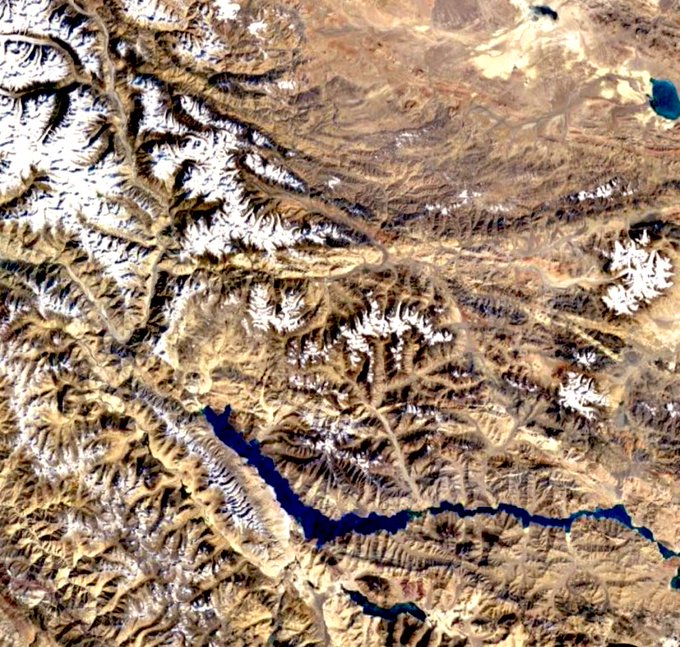The foreign ministers of India and China arrived at a 5-point resolution to defuse tensions on the Himalayan border, after discussions held in Moscow on Thursday. India's foreign minister S. Jaishankar and his Chinese counterpart Wang Yi said the primary goal is to prevent a flare-up on the border and de-escalate tensions by reducing the military build-up.
The crucial meeting took place even as the Chinese state media continued to ratchet up tensions by engaging in war chatter. The Global Times, the Chinese government mouthpiece, published two back-to-back commentaries that discussed China's preparedness for war in the run-up to the Moscow meeting and after that.

The meeting of the foreign ministers, held on the side-lines of the Shanghai Cooperation Organisation (SCO) session in Moscow, arrived at five decisions, India's foreign ministry said. Both sides agreed that the "current situation in the border areas is not in the interest of either side," the ministry said. "They agreed therefore that the border troops of both sides should continue their dialogue, quickly disengage, maintain proper distance and ease tensions."
The leaders also decided that both should "abide by all the existing agreements and protocol on China-India boundary affairs, maintain peace and tranquillity in the border areas and avoid any action that could escalate matters."
Another decision taken at the meeting was to continue to have dialogue and communication through the Special Representative mechanism on the India-China boundary question. The ministers also said that as the situation eases, the two sides should expedite work to conclude new Confidence Building Measures to enhance peace.

India's foreign ministry said that during the meeting that lasted two-and-a-half hours, the Indian side clearly asserted that the recent incidents in eastern Ladakh have impacted the development of the bilateral relationship. India put it across to China that the resolution of the recent border incidents remained central to the efforts to build bilateral relations.
India also raised strong concern over the massing of Chinese troops and heavy equipment along the Line of Actual Control (LAC). "The presence of such large concentration of troops was not in accordance with the 1993 and 1996 Agreements and created flash points along the LAC," the India side told the Chinese, according to the foreign ministry.
Global media reports said on Friday that China has sent tens of thousands of troops, tank groups and fighter places to the region. The Indian side pointed out during the meeting that the Chinese side has not provided any credible explanation for this deployment.
India also told China that the "provocative behavior of Chinese frontline troops at numerous incidents of friction along the LAC also showed disregard for bilateral agreements and protocols."
Nothing short of full adherence to all agreements on management of border areas would be acceptable to India, the foreign ministry said.
Meanwhile, the Global Times continued to spew inflammatory rhetoric on the face-off in Ladakh. One commentary, published after the foreign ministers's meeting, was headlined: 'China must be militarily and morally ready for a potential war'.
Another commentary, published ahead of the meeting on Thursday said: 'Talks with India come with war preparedness'.









